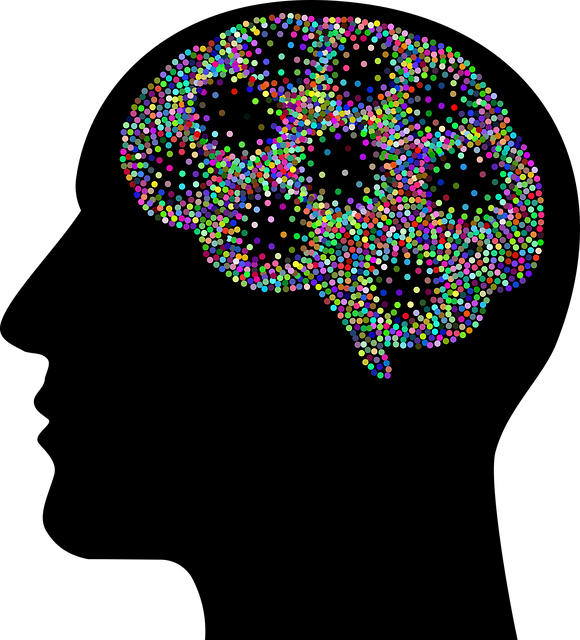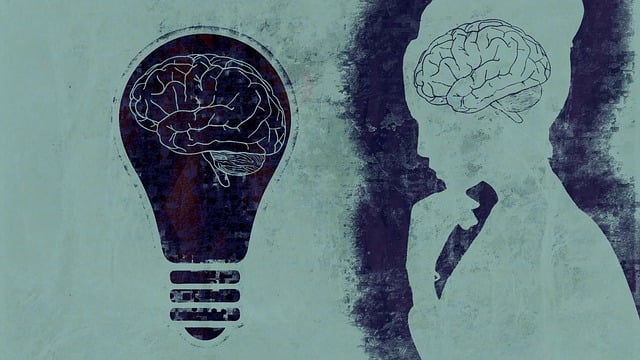Louisville, with its diverse population and fast-paced lifestyle, faces unique mental health challenges, particularly relationship issues. The Louisville Relationship Issues Therapy (LRIT) program addresses these concerns by offering specialized coaching that enhances emotional intelligence, communication skills, and community support. Combining evidence-based therapy with personalized strategies, LRIT empowers individuals and couples to manage relationships effectively, reduce stress, and improve overall mental wellness. Success is measured through client feedback, standardized tools, and long-term follow-ups, ensuring sustainable positive changes while integrating trauma support for comprehensive client outcomes.
Louisville, like many cities, grapples with mental health challenges, particularly when it comes to relationship issues. This article explores the development of a tailored Louisville Relationship Issues Therapy program, addressing a pressing need in the community. We delve into understanding the local mental wellness landscape, designing effective coaching strategies, and implementing a successful program. By examining client outcomes and long-term impacts, we aim to highlight the power of targeted interventions like Louisville Relationship Issues Therapy in enhancing community mental health.
- Understanding Louisville's Mental Health Landscape: Identifying the Need for Relationship Issues Therapy
- Designing Effective Coaching Programs: Strategies for Addressing Relationship Concerns
- Implementing and Marketing the Louisville Relationship Issues Therapy Program
- Measuring Success and Long-Term Impact: Ensuring Positive Outcomes for Clients
Understanding Louisville's Mental Health Landscape: Identifying the Need for Relationship Issues Therapy

Louisville, like many urban centers, grapples with mental health challenges, highlighting a critical need for specialized services. The city’s diverse population faces unique barriers to emotional well-being, often exacerbating existing mental health issues. Relationship problems, a significant contributor to stress and anxiety, are prevalent in the fast-paced Louisville environment. Many individuals struggle to navigate complex social dynamics, leading to feelings of isolation and poor mood management.
Addressing these concerns requires a strategic approach, particularly through Louisville Relationship Issues Therapy programs. These initiatives aim to enhance emotional intelligence and promote effective communication skills, essential tools for managing mental health challenges. By focusing on relationship therapy, the city can foster a more supportive community, empowering residents with the emotional well-being promotion techniques needed to thrive in an increasingly demanding world.
Designing Effective Coaching Programs: Strategies for Addressing Relationship Concerns

In designing effective coaching programs for mental wellness, addressing relationship concerns is paramount. Louisville Relationship Issues Therapy plays a crucial role in fostering healthier connections and improving overall emotional well-being. Coaches can incorporate specific techniques to help clients navigate and resolve interpersonal challenges. One powerful strategy involves teaching Emotional Regulation skills, enabling individuals to manage their emotions during conflicts, thereby promoting more constructive interactions.
Mental Health Education Programs Design should go beyond theoretical knowledge by offering practical tools for managing relationship dynamics. Encouraging open dialogue about emotional expression and boundaries can significantly enhance communication. By integrating these approaches, coaches contribute to the development of robust coping mechanisms, ensuring clients not only address their current issues but also build resilience for future challenges, ultimately leading to lasting positive change in both personal and professional relationships.
Implementing and Marketing the Louisville Relationship Issues Therapy Program

The Louisville Relationship Issues Therapy (LRIT) Program is a pioneering initiative aimed at addressing a pressing need in the community—mental wellness coaching with a specific focus on relationship issues. This program has been meticulously designed to provide individuals and couples with effective tools for managing and improving their relationships, thereby enhancing overall mental health. The implementation of LRIT involves a multi-faceted approach, combining evidence-based therapeutic techniques with personalized coaching strategies. By offering a supportive environment, the program encourages clients to explore and resolve relationship challenges, fostering better communication and stronger bonds.
Marketing this innovative therapy is crucial for reaching those in need. Utilizing digital platforms, social media campaigns, and community partnerships can effectively spread awareness about LRIT’s benefits. Targeting individuals experiencing anxiety relief and stress reduction methods, the program offers a unique, tailored approach to mental wellness coaching programs development. With successful implementation and targeted marketing, LRIT has the potential to revolutionize local access to relationship therapy, setting a benchmark for similar initiatives across the nation.
Measuring Success and Long-Term Impact: Ensuring Positive Outcomes for Clients

Measuring success and evaluating the long-term impact of mental wellness coaching programs is essential to ensure positive outcomes for clients, especially those seeking help for relationship issues in Louisville. It involves a multifaceted approach that goes beyond initial program assessments. By utilizing standardized tools and client feedback, coaches can gain insights into the effectiveness of their interventions. This includes tracking improvements in symptoms related to anxiety, depression, and stress management, as well as gauging changes in overall life satisfaction and coping strategies.
Additionally, long-term follow-ups with clients allow for a comprehensive understanding of the sustainability of these changes. The integration of mental health education programs design elements, such as trauma support services, can significantly impact client outcomes. These services address underlying issues that may contribute to relationship difficulties, fostering resilience and enhancing clients’ ability to maintain their newfound well-being in various aspects of life, including personal relationships.
Louisville Relationship Issues Therapy programs have emerged as a vital resource, addressing a critical gap in the city’s mental health landscape. By integrating effective coaching strategies, these programs offer tailored support for individuals navigating complex relationships. Through successful implementation and marketing, the Louisville initiative sets a benchmark for enhancing mental wellness, with measurable outcomes promising long-lasting positive impacts on participants’ lives. This model can serve as a blueprint for other communities, demonstrating the power of relationship-focused therapy in fostering healthier, more resilient individuals.












